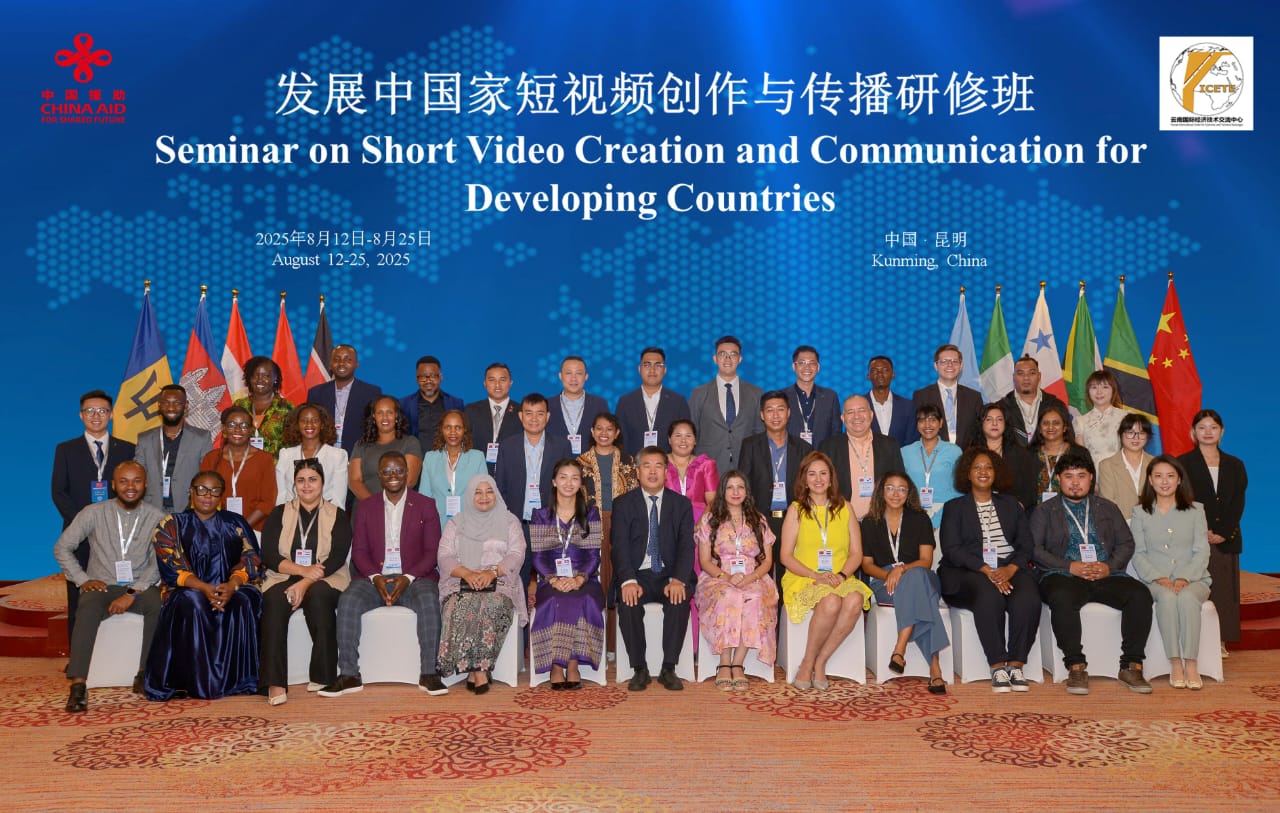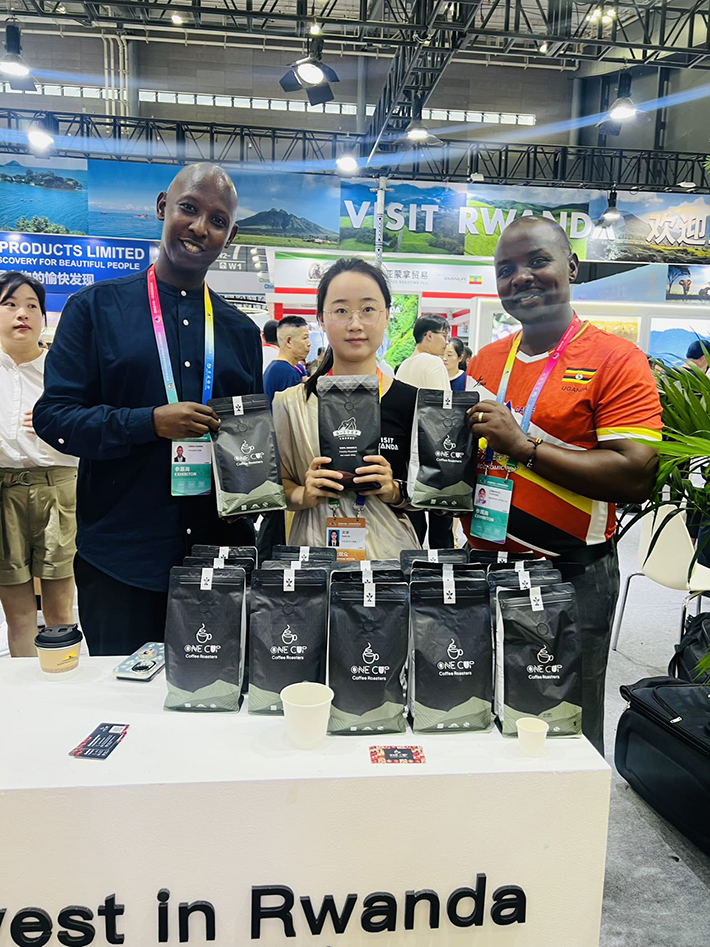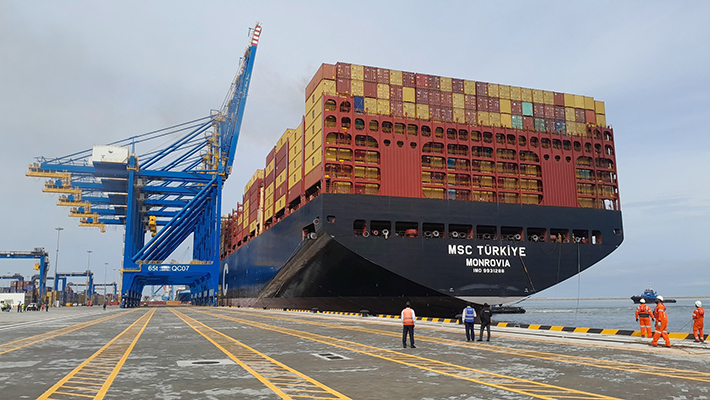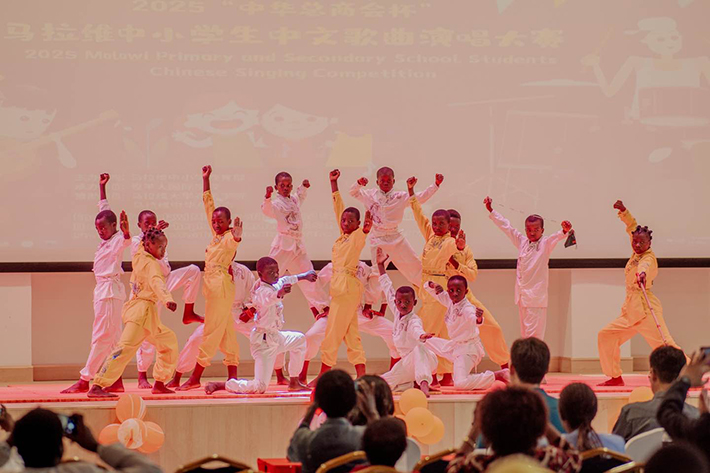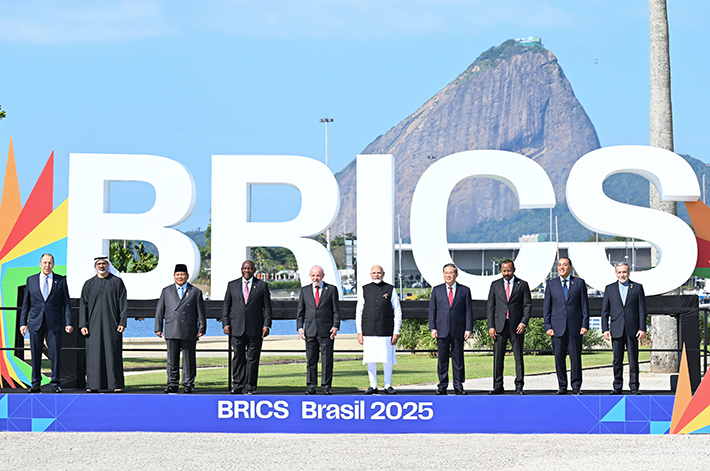BRICS Collaboration Key to South Africa’s Green Mobility Future — MEC Lebogang Maile at NEV Summit 2025
Gauteng MEC for Economic Development, Lebogang Maile, opened Day 1 of the New Energy Vehicle (NEV) Summit 2025 with a keynote address linking South Africa’s automotive transformation to global cooperation — particularly within BRICS nations. Maile emphasized that partnerships through BRICS can help South Africa access the technology, investment, and skills needed to develop a sustainable and competitive new energy vehicle industry. The MEC noted that as global markets transition to electric mobility, collaboration across the BRICS bloc will be critical to reducing dependence on Western trade, diversifying export markets, and driving local industrialisation. “South Africa’s future in the automotive sector must be aligned with the global shift toward cleaner technologies — and BRICS provides a platform for shared innovation and production partnerships,” Maile said. Addressing delegates, Maile highlighted the urgent challenges facing South Africa’s auto industry — from U.S. trade tariffs to factory closures and job losses in regions such as East London and Gqeberha. He warned that U.S. tariffs under Section 232 have led to an 82% decline in vehicle exports and threaten over 110,000 direct jobs in the sector. However, Maile framed these challenges as an opportunity to pivot towards new energy vehicle production, positioning South Africa as a regional hub for electric mobility. He outlined a series of national and provincial interventions — including the 150% tax rebate for NEV manufacturers starting in March 2026 and over R1 billion allocated for local NEV and battery production. Maile also underscored Gauteng’s commitment to mineral beneficiation and battery manufacturing, citing the OR Tambo-based Jewellery Manufacturing Precinct as a model for value addition that could extend into green energy technologies. “We must move beyond being exporters of raw materials to producers of value-added products that create jobs and retain wealth locally,” he said. Highlighting the environmental dimension, Maile noted that new energy vehicles could help tackle Johannesburg’s air pollution crisis, which causes over 5,000 premature deaths annually, while offering cheaper, cleaner transport solutions. He concluded by linking new energy vehicles to South Africa’s energy security agenda, noting that Vehicle-to-Everything (V2X) technology could support grid stability by turning vehicles into mobile power storage units. “By investing in new energy vehicles, we are not only future-proofing our automotive sector but also reaffirming its central role in South Africa’s green economic transition,” Maile stated. The NEV Summit 2025, hosted at Gallagher Convention Centre, brings together government, industry, labour, and academia to chart a roadmap for South Africa’s transition to electric mobility — and explore how BRICS cooperation can accelerate the shift toward a cleaner, more resilient automotive future. Read his full address below.


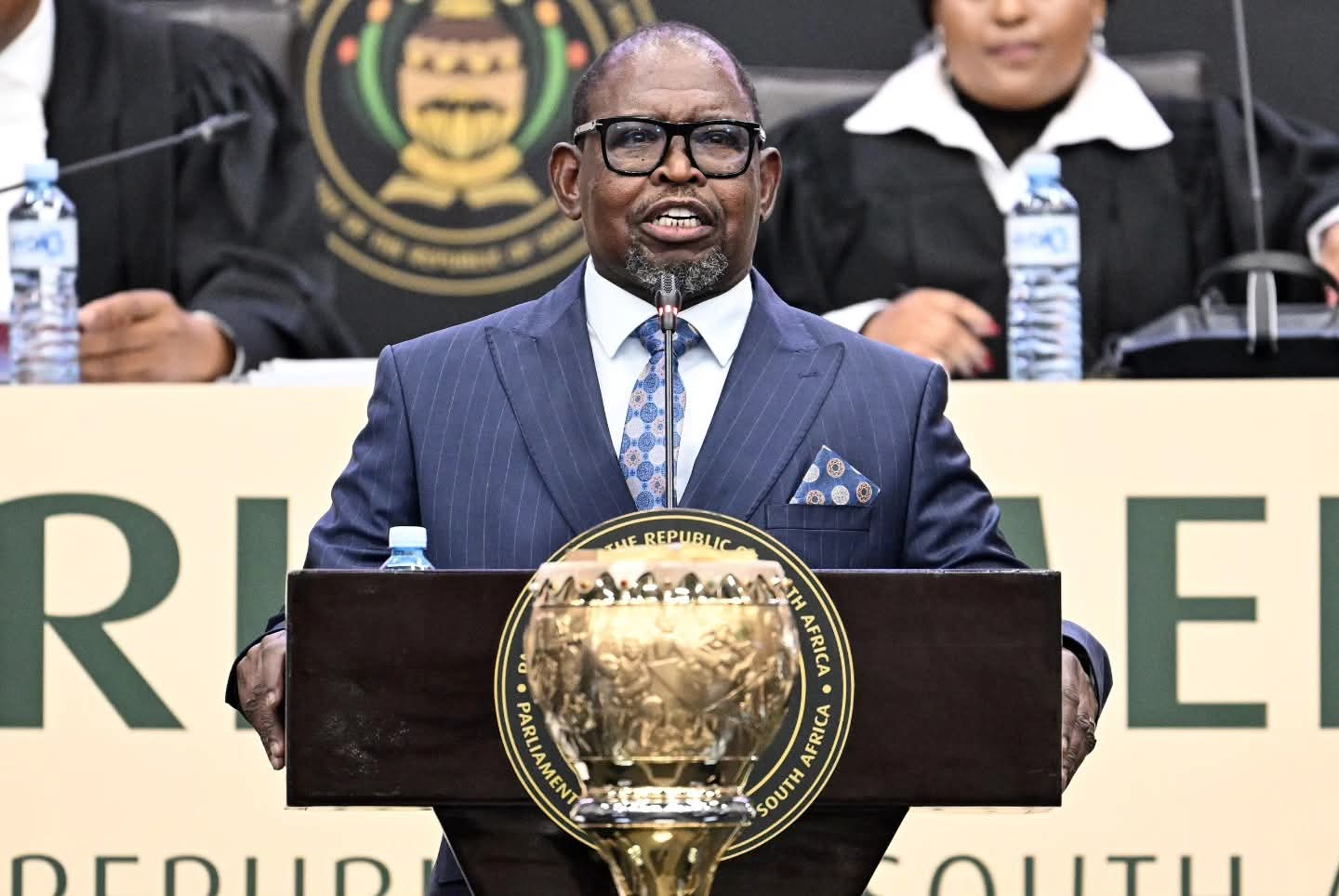








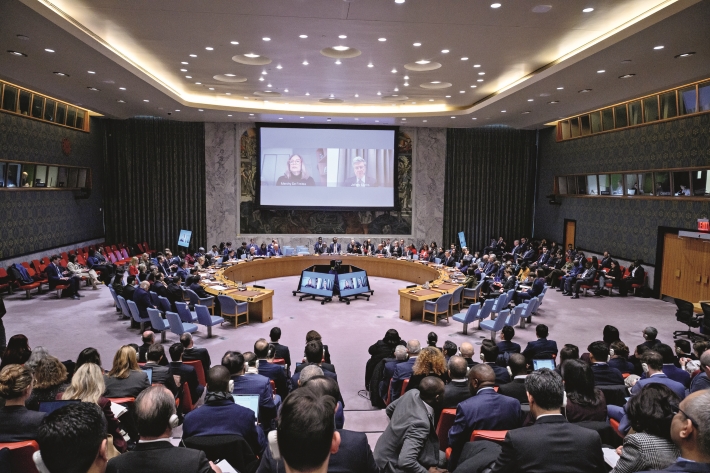






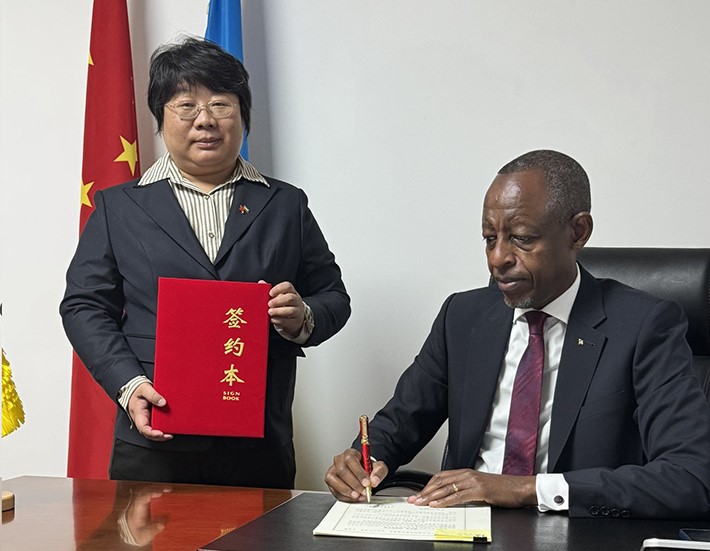
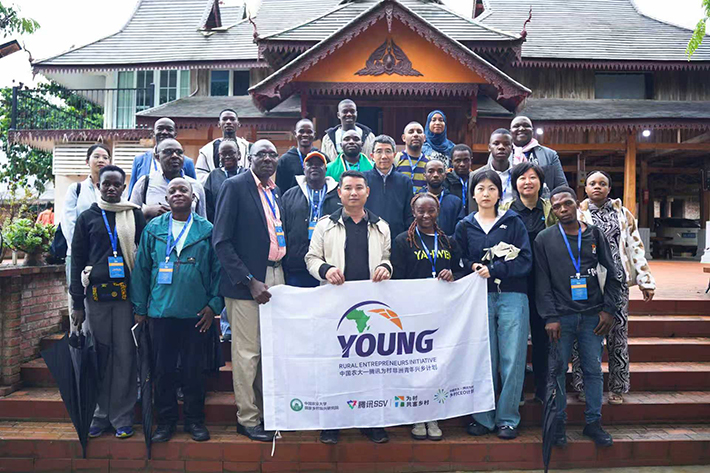
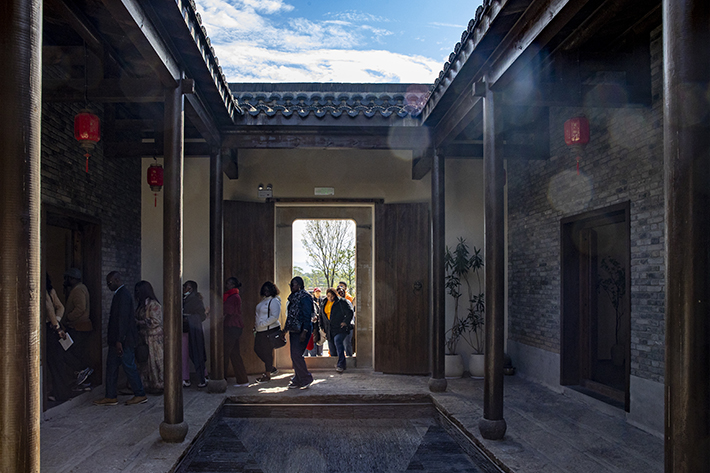



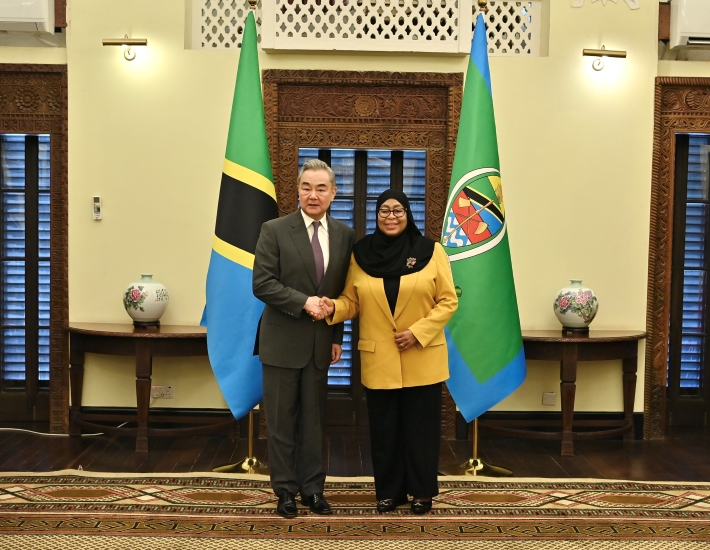

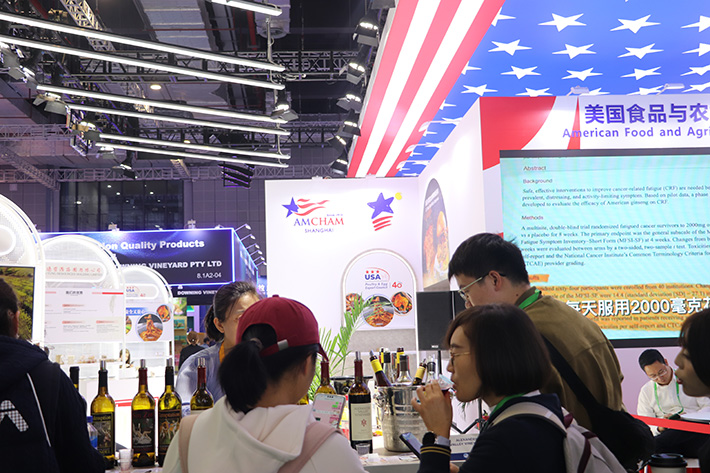
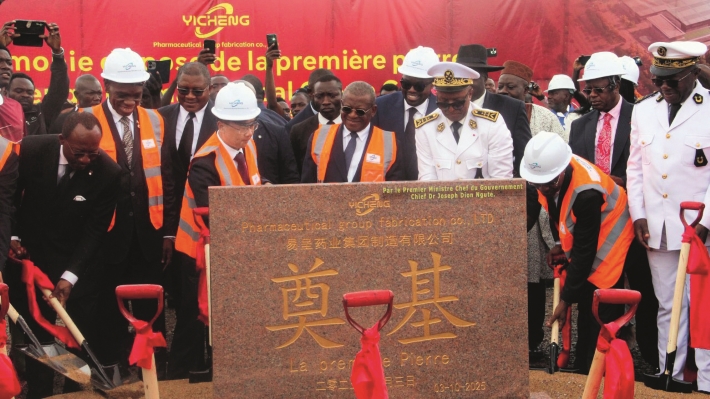


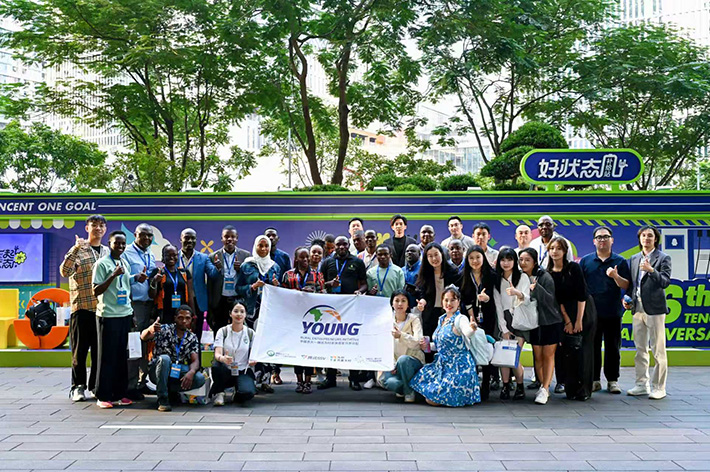
.jpg)


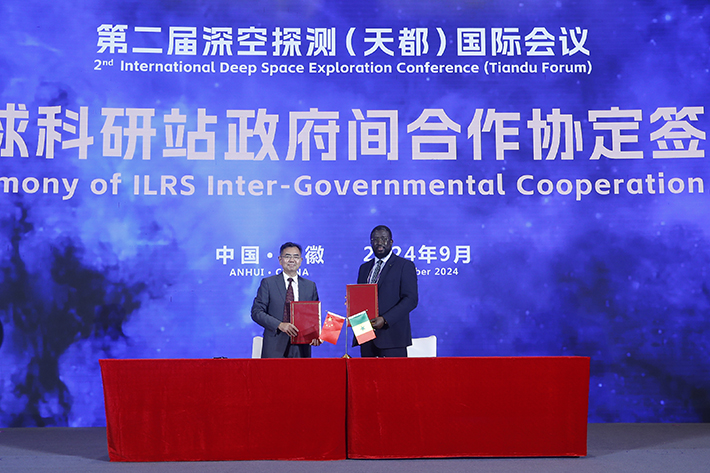



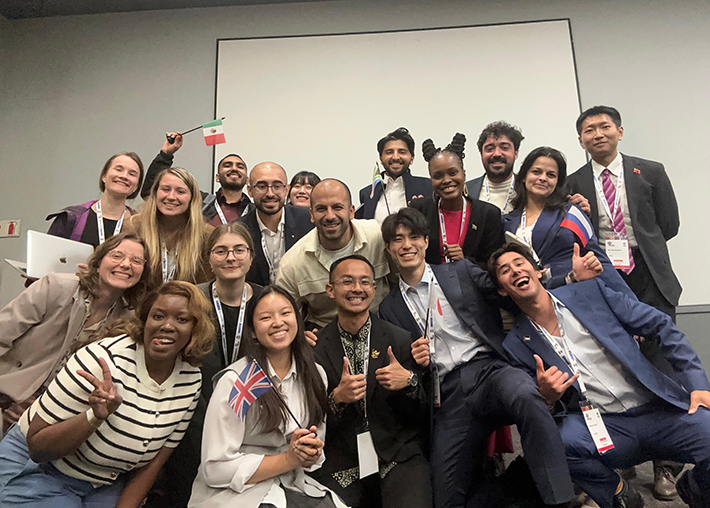
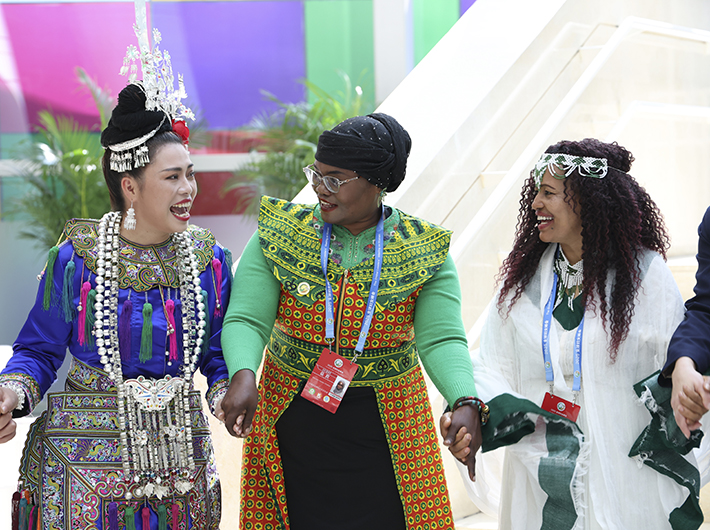

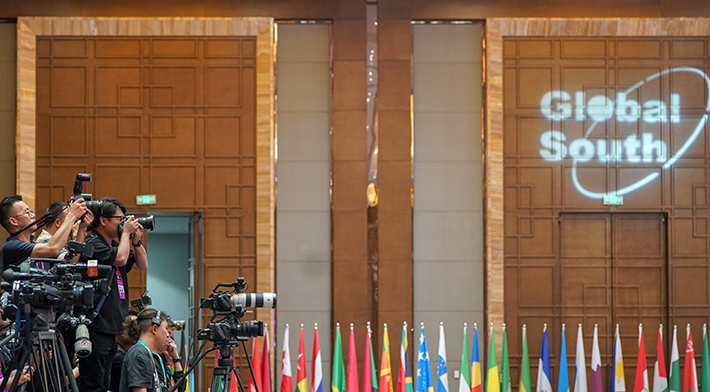





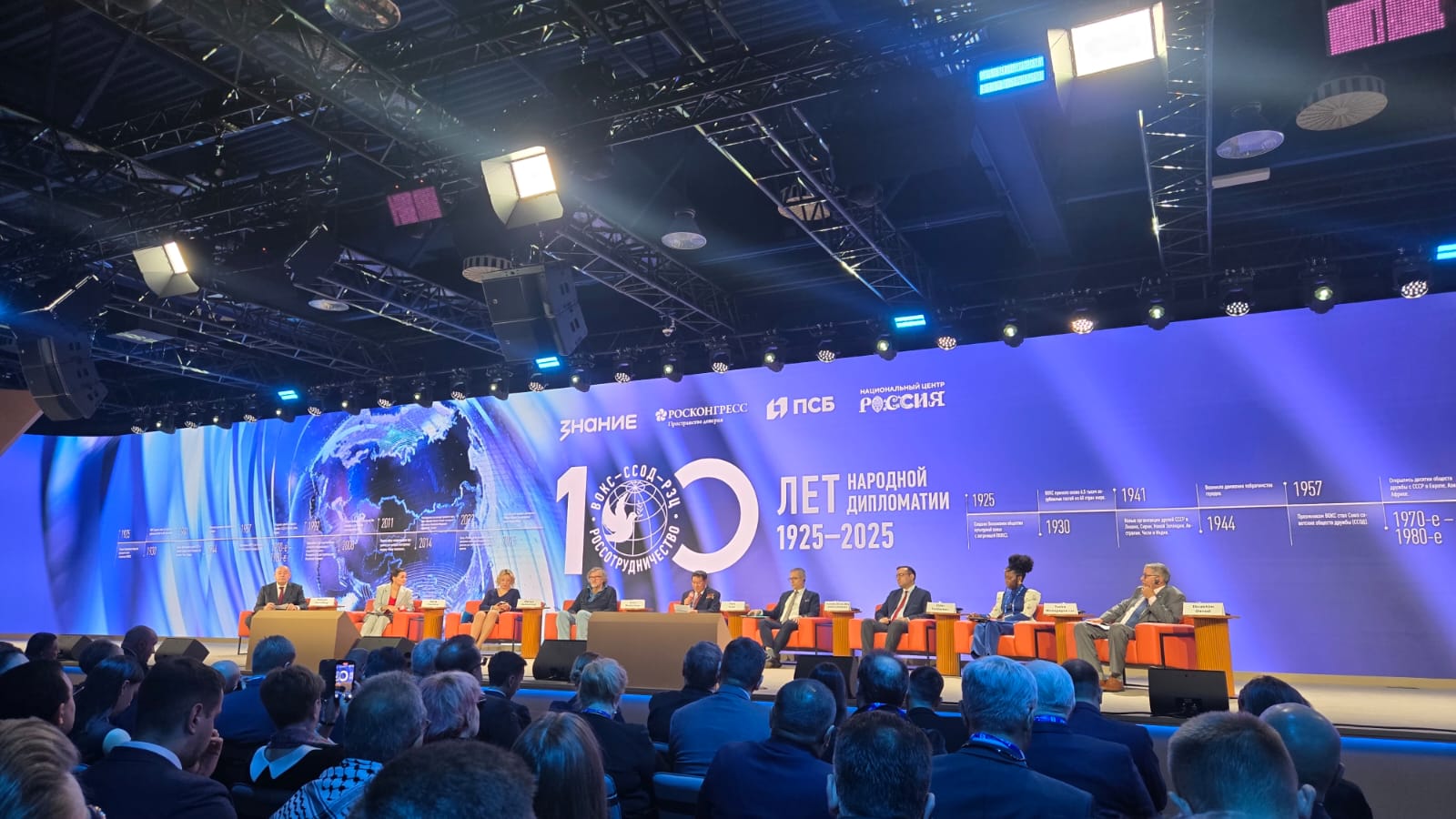
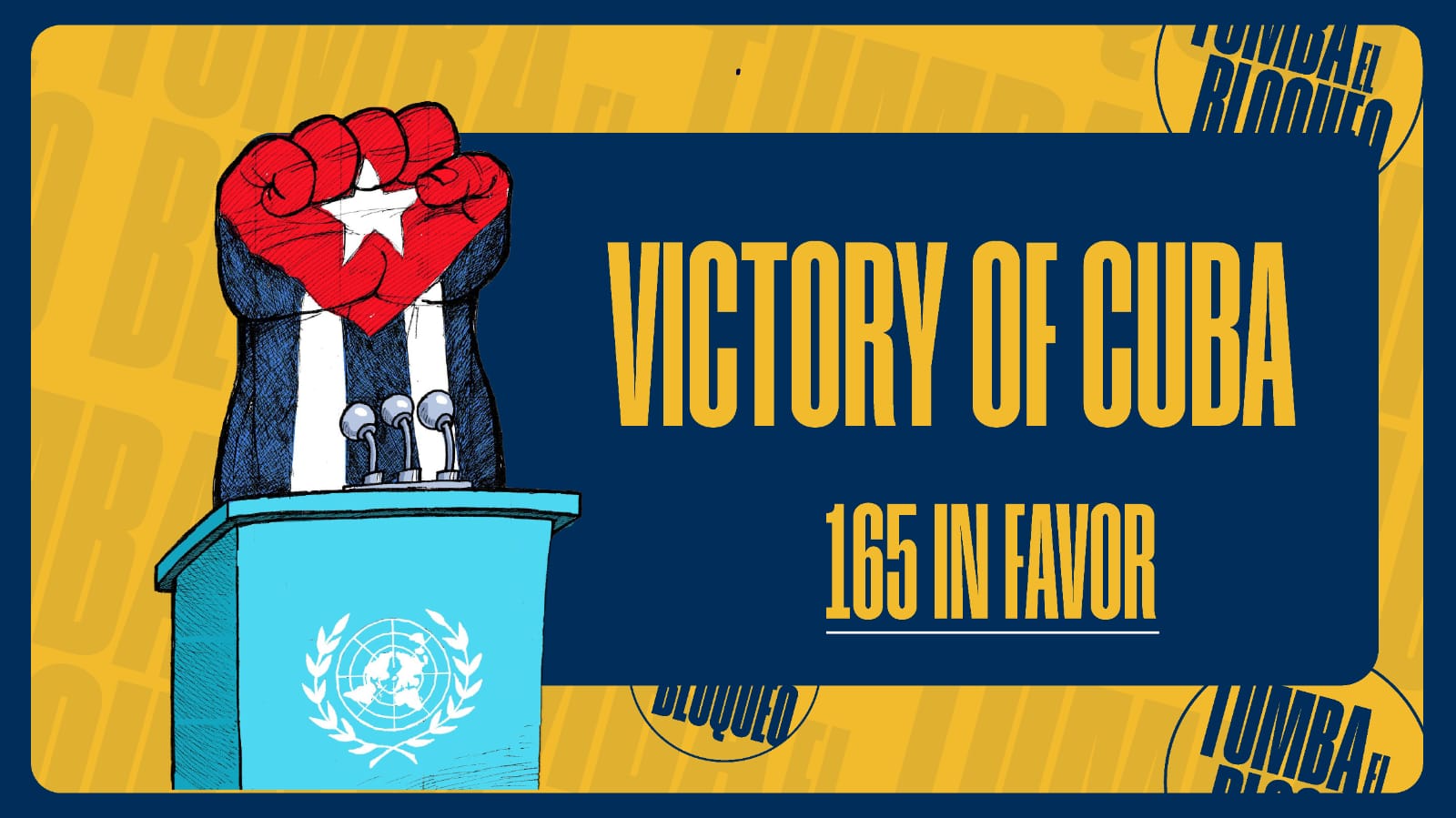

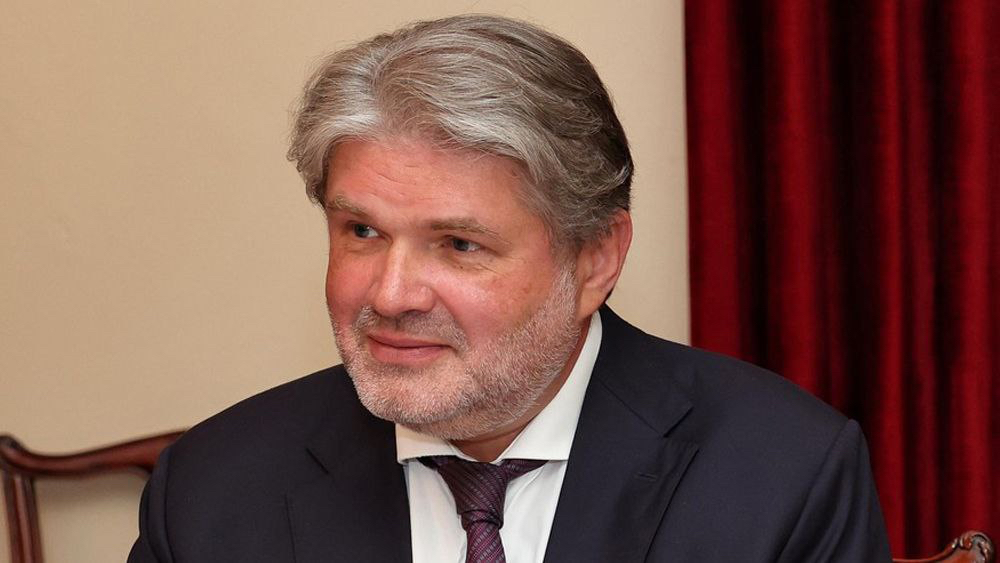
.jpg)








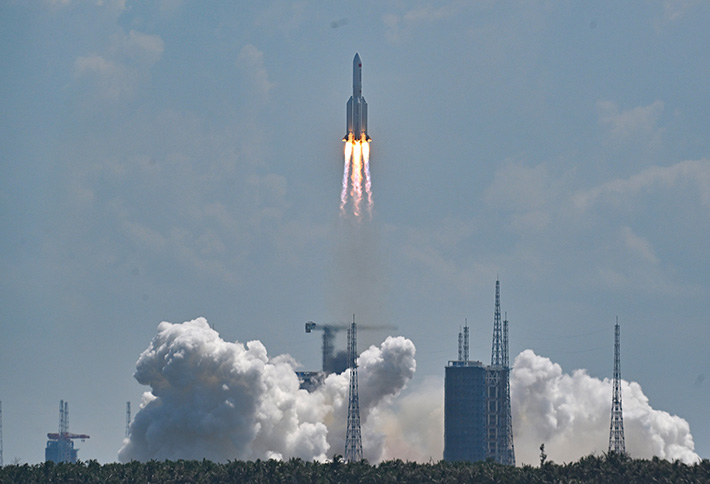

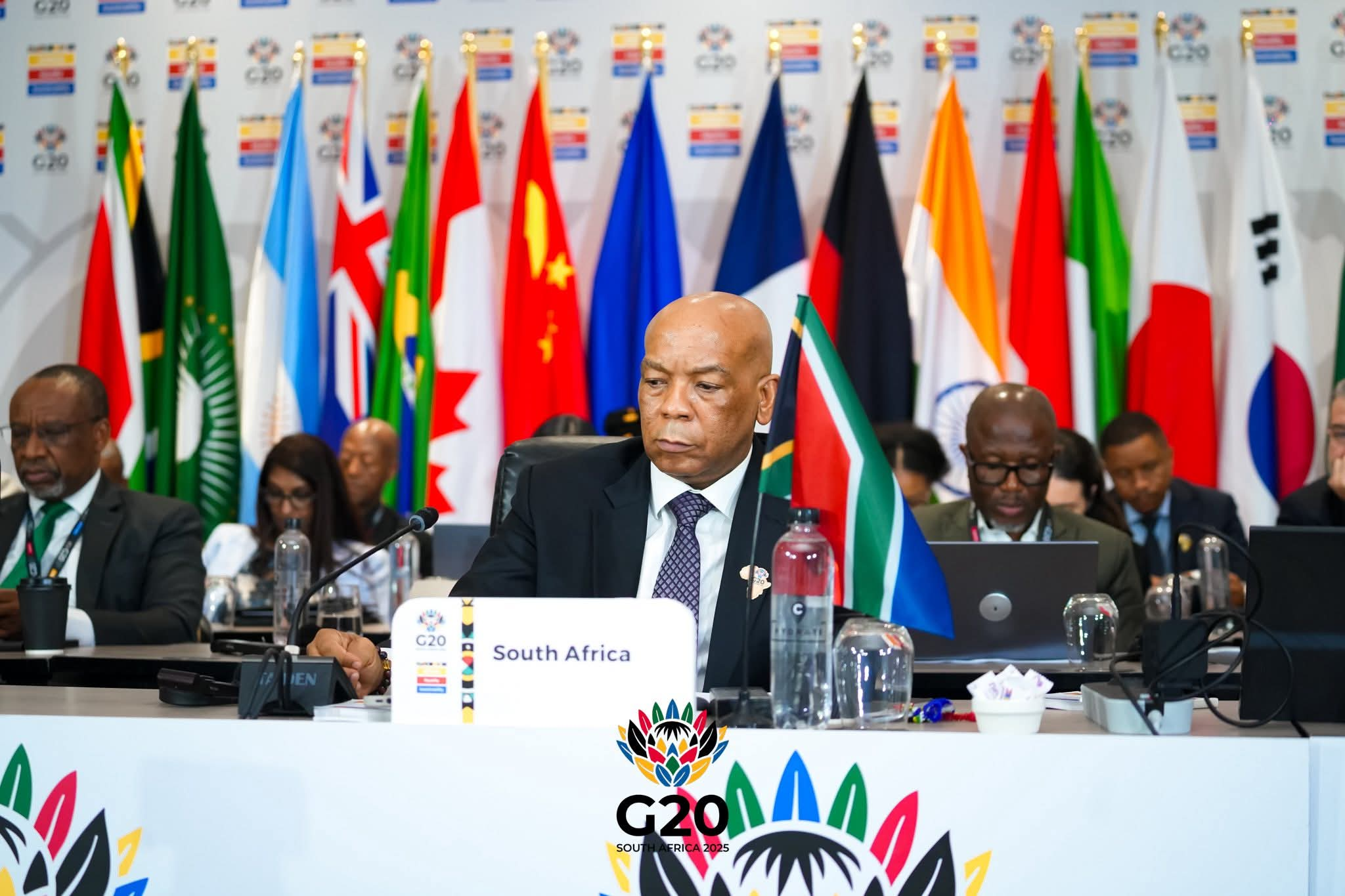




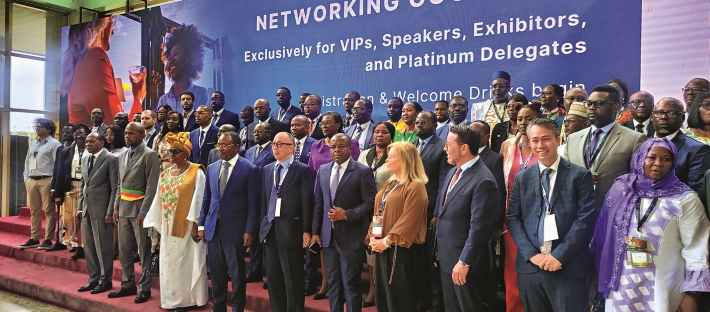










%20(1).png)
